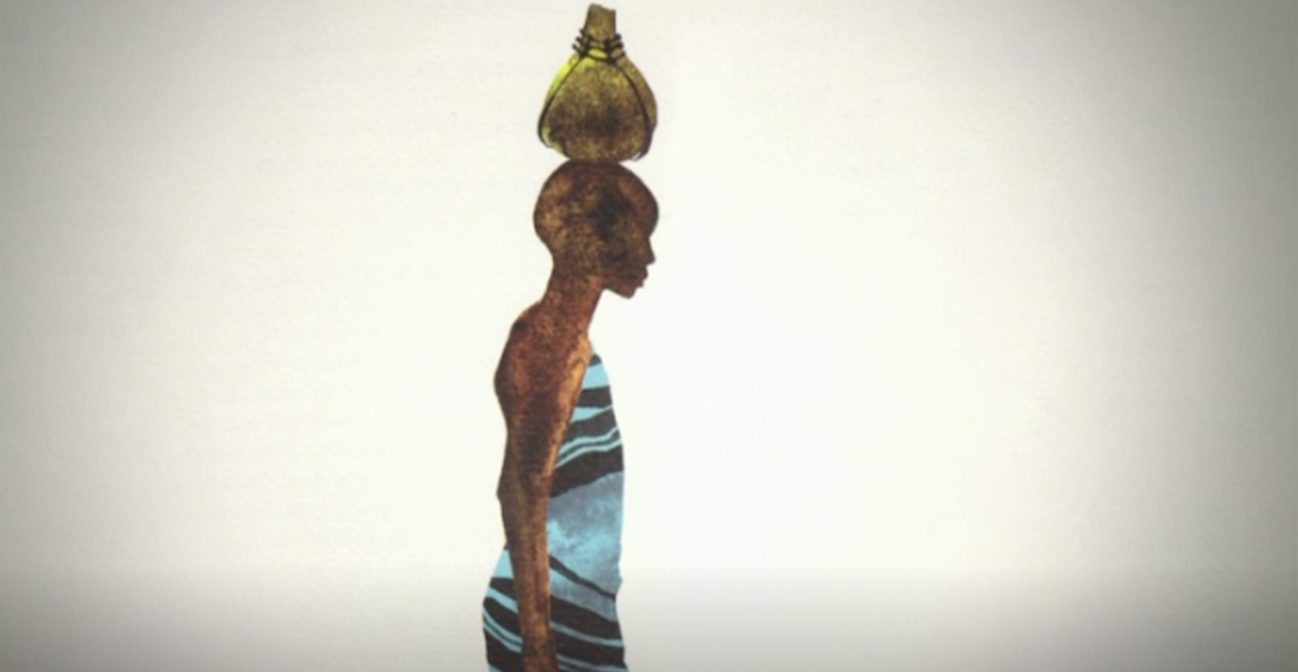Unit 1 The Epic of Gilgamesh
The first known human story is that of Gilgamesh, king of Uruk. Images of artifacts from ancient Iraq mix with beautiful illustrations, dance, and costume to tell of the relations between gods and mortals, the search for friendship, love, and immortality. Featured cast members include Assyriologist Ben Foster, comic book illustrator Jim Starlin, and poet and playwright Yusef Komunyakaa.
